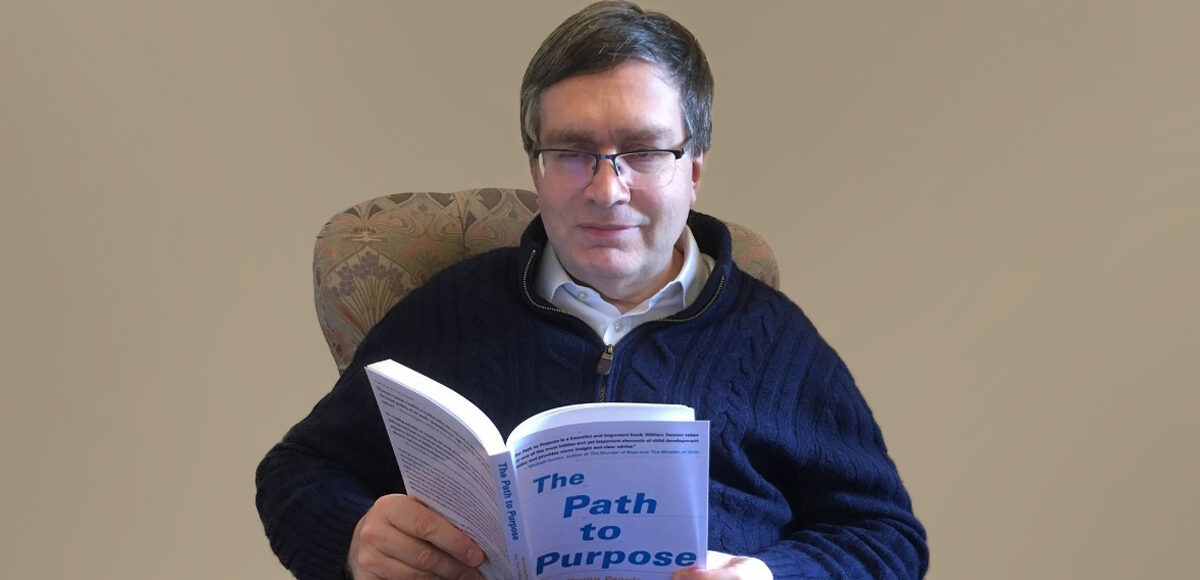I decided to make sure I did something intentionally different on the rest day last week- for me it was Friday. I am always interested in receiving recommendations for good books to read so I decided to make a start on two books that had been recommended by colleagues, the first of which I have now completed. ‘The Path to Purpose – how young people find their calling in life’ (The Free Press, Simon and Schuster, 2008, ISBN 9781416537243) is one of several books written by Professor William Damon. He is professor of human development at Stanford and has written much on the development of young people and reported to be amongst “The 50 Most Influential Psychologists in the World”. His domain is around understanding the role of education and society in the development of skills and in how adolescent learners might be inspired and motivated to reach their full potential. Despite some aging terminology in the text (it was written twelve years ago), I found it to be a most helpful read as it explored the vital sense of needing to support learners in identifying a sense of purpose. It resonated with me as this thinking is an obvious ingredient in building a flourishing community at Heriot-Watt through enabling our strategic vision that our graduates and colleagues are shapers of the future. It builds on the fact that young people are most motivated when they are engaged in a challenge.
The challenge being referred to here is around the opportunity to think and discuss their own personal purpose and pathway in shaping the future. Telling people that “they have never had so many global opportunities” or “the world is your oyster” (which comes from Shakespeare’s The Merry Wives of Windsor 1602 – I had to look this up!) is not sufficient. The theoretical aphrodisiac of the world’s endless opportunities is no real help without connecting personal intent with the opportunities ahead! The book has many interesting examples that illustrate the benefits of purposeful thinking about short-and-longer term horizons. It struck me that encouraging such thinking and fostering a sense of purpose is so time-critical for graduate students and even more so in these COVID times. Damon’s message, I learned, is that more is needed than showing people the opportunity and then leaving them alone to make their own choice on their own.
From our University’s perspective I concluded that our vision to develop minds that will contribute fully to society may be impeded unless we take steps to ensure students are supported in this sort of way. Intellectual assets are key but being armed with a sense of purpose provide a launch pathway to be effective.
I am now well in to my second rest day book, but more on that in the future…
This week I had opportunity to speak with the core of the COVID Response Team: Sue Collier and Professor Julian Jones. Behind the scenes, they have been working across the University assuring safety, health and regulatory compliance with all aspects of our life and operation. I hope you will enjoy listening to their insights and join me in thanking them and the wider teams for their incredibly hard work.
Professor Richard A. Williams
Principal and Vice-Chancellor
